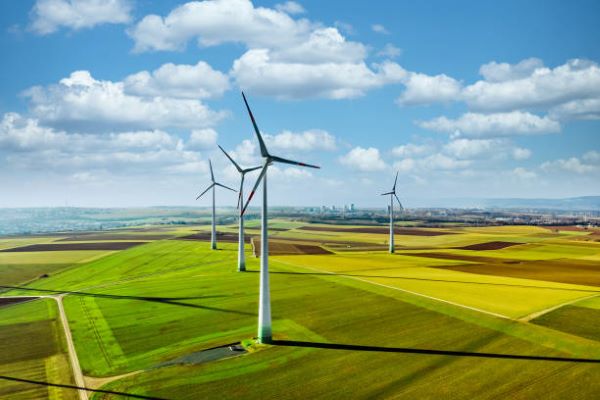Voluntary Agreement Scheme for energy efficiency
The basic mechanism behind a successful scheme is that the authority offers participation in a VA-scheme aiming at improving energy efficiency for large industries and that participation is linked to both obligations and incentives.
More than 30 countries have introduced Voluntary Agreement (VA) Schemes for energy efficiency in large industries, by example in the US, Chile, Germany, Sweden, Denmark, Australia etc. The basic mechanism behind a successful scheme is that the authority offers participation in a VA-scheme aiming at improving energy efficiency for large industries and that participation is linked to both obligations and incentives.
Obligations for the participating companies may include:
· Carry out energy audit
· Set improvement target
· Establish energy management system (ISO50001)
· Install identified energy saving projects with payback less than a certain number of years
· Monitor and report on energy consumption and progress in energy efficiency
At the same time the authority offers incentives (benefits) to the participating industries such as:
· Access to tools and guidelines
· Training and information activities
· Grants for technical assistance
· Access to investment financing at attractive rates
· Tax benefits if saving targets are met
· Investment grant to reduce the payback time for longer term investments
In Denmark, The Voluntary Agreement Scheme is open for energy intensive industries in international competition. This includes manufacturing of cement, steel, plastic, glass, tiles, food etc. 72 companies had active voluntary agreements with the Danish Energy Agency at the end of 2020. The participating companies represent an annual energy consumption of around 50 PJ. Which corresponds to 60% of total energy consumption in industry in Denmark and 8% of total energy consumption in Denmark. Participating companies get an energy tax refund (reduced tax for electricity consumption) in return for signing a binding three-year agreement. The agreement requires the companies to implement an ISO 50001 energy management system and conduct energy saving projects with the Danish Energy Agency. On average, the participating companies saved 1.5% per year.
Viet Nam has a comprehensive policy on the promotion of energy efficiency (EE) and energy savings (ES), particularly regarding large energy intensive industries. However, recent reviews of the impact of the law and policies have shown that there remains a potential for improving energy efficiency in the industrial sector. Within the framework of DEPP-3 Program, a socio-economic analysis of the Voluntary Agreement (VA) scheme for energy efficiency in industry in Viet Nam has been conducted through an excel-based Cost Benefit Assessment (CBA) model by the international consultant Vieggand Maggoe and the local consutant RCEE-NIRAS.

 English
English  Tiếng Việt
Tiếng Việt 